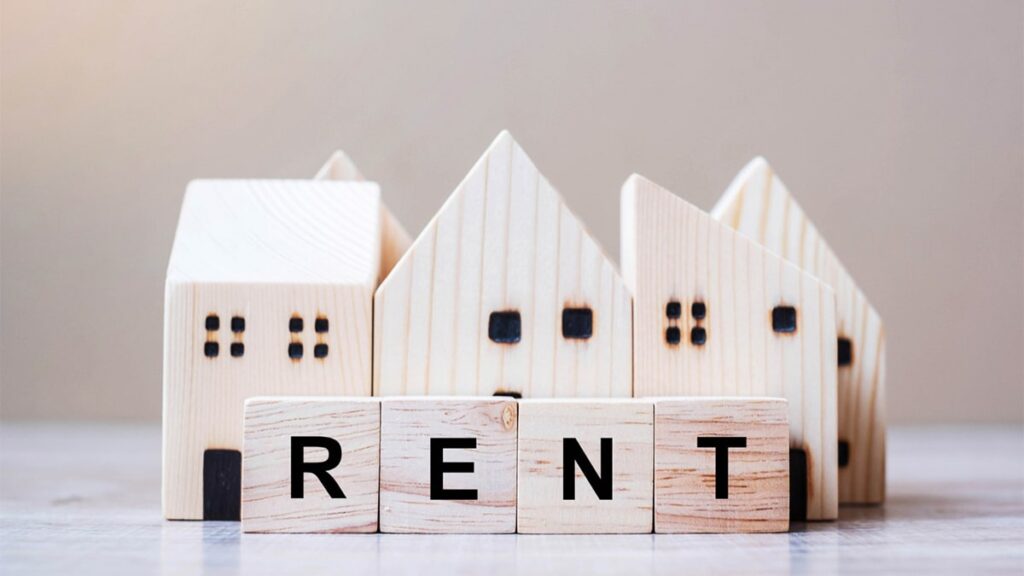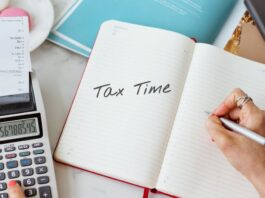HRA stands for House Rent Allowance and is an allowance provided to salaried individuals. As per the Income Tax Act, 1961, Section 10(13A) and rule 2A, HRA comes under excerption which you can claim while filing ITR.
HRA exemption offers a valuable opportunity to reduce their taxable income which may help you in reducing the liability of paying the tax. In this article, we’ll delve into the intricacies of HRA, How Exemption on HRA is Calculated, its calculation methods, and much more.

Table of Contents
What is HRA?
House Rent Allowance (HRA) is a part of the salary that you get and covers the rental expense for your accommodation. It is a very common component of the salary. HRA is intended to help employees meet the cost of renting a home and, at the same time, provide a tax benefit.
The amount of HRA a person receives is generally a percentage of their basic salary and can vary based on the city of residence due to differences in living costs. You can claim a tax exemption on the HRA that you’ll receive as outlined by the Income Tax Act of India.
How Is Exemption on HRA Calculated?
The exemption on House Rent Allowance (HRA) in India is calculated based on the following three conditions, and the lowest of these is considered for tax exemption:
- Actual HRA Received
- 50% or 40% of (Basic salary + Dearness allowance) for Urban/Rural Areas
- Rent Paid – 10% of Basic Salary (or DA)
It can be best understood by looking into an example-
Let’s say, the total HRA that you are getting is Rs.1,00,000/- now we can calculate the HRA as follows-
Actual HRA Received = Rs.1,00,000/-
40% of (Basic salary + Dearness allowance) for Rural Areas = Rs.40,000/-
50% of (Basic salary + Dearness allowance) for Rural Areas = Rs.50,000/-
Rent Paid – 10% of Basic Salary (or DA) = Rs.3,00,000 – 10% of [(45,000+7,000) *12] = Rs. 2,37,600/-
As per the rule of calculating the HRA deduction, the least of these amounts will be considered for the deduction, hence, in this case, the amount of Rs.40,000/- is used for the HRA Deduction.
Note– It’s important to note that to claim HRA exemption, the employee must be living in a rented accommodation, and the rent should be paid for that specific financial year. Also, if you are staying with family and paying rent to them, you cannot claim HRA for the same.
Documents Required for HRA Exemption Claim
The following are the documents which are required for the HRA Exemption Claim-
- Copy of your PAN card
- Copy of the landlord’s PAN card
- Rent receipts for the concerned financial year
- Copy of the rent agreement
Conditions for Claiming HRA Exemption
The following are the conditions for claiming HRA Exemption-
- Rent payment with a valid receipt is required for claiming HRA Exemption for the concerned financial year
- Deductions can be claimed either under Section 10(13A) or Section 80GG, not both
FAQ
Metro cities like Mumbai, Delhi, Kolkata, and Chennai qualify for 50% calculation, while non-metro cities qualify for 40%.
No, the HRA exemption is applicable only if you are living in a rented accommodation.
Yes, you can claim HRA exemption if you pay rent to your parents, provided they own the property and the transaction is genuinely documented.
Yes, you need to submit proof of rent payment, such as rent receipts, to claim HRA exemption.
Yes, if you live in rented accommodation in one city while owning a house in another, you can claim an HRA exemption.
No, HRA exemption is available only to salaried individuals who receive HRA as part of their salary.
I’m Shiv Kumar, a graduate with a passion for finance, marketing, and technology. My journey into finance started with a desire to understand money management and investing.
Our main goal is to empower individuals through financial education. We believe that everyone should have the opportunity to build a strong financial foundation. Whether you’re a seasoned investor or just getting started, we provide articles, guides, and resources to help you navigate the financial landscape.
I invite you to join our community of financially savvy individuals. Feel free to ask questions, engage with our content, and explore the topics that matter to you. Together, let’s take control of our financial futures.



